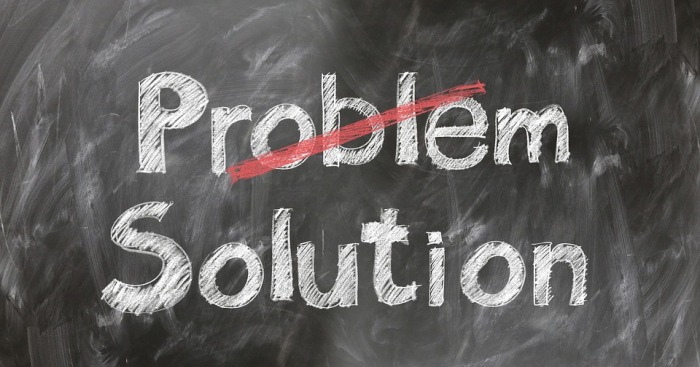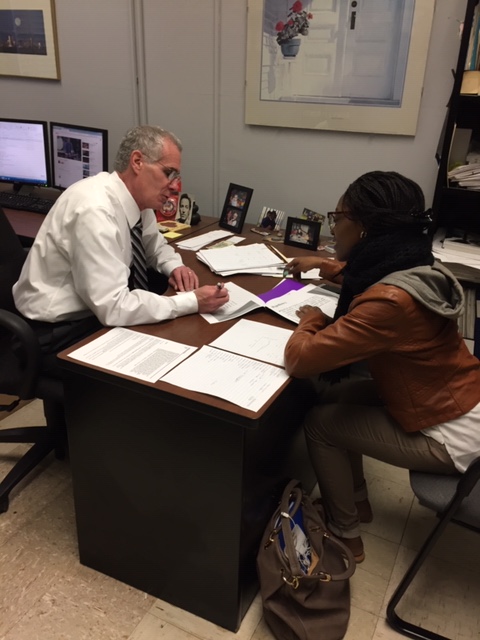In my 30 years of experience as a college professor, I have heard a lot from students with regard to taking a gap year after graduating from college. Many are “all in”, but for various reasons. Here are the main reasons I have heard for taking a gap year—all should be considered positives:

- Some students have had it with school and simply need a break from school. Clearly these students are “burned out”, a state mental fatigue caused by overwork or stress. These students have worked hard in school for 15-20 years, and this work has caught up with them. They need the time to regroup, and mentally prepare for the future. This typically involves researching career options. In addition, during their gap year these students will secure a job or volunteer.
- There are students who feel that before moving on to graduate school or starting a career they would like some time to travel and experience the world, including teaching/working abroad (e.g., Peace Corps). These students are not necessarily burned out. They just want to do something new and exciting right away, because their chance to travel and experience other cultures are probably going to be limited once they pursue graduate school or a career.
- A student may want to go to graduate school or professional school, but they do not have the money to pay for tuition or living expenses. Students like this plan to work during their gap year to put themselves in a better financial position once they go forward with their education.
- For some, a gap year is an opportunity to better prepare for applying to graduate/professional school. This can include bolstering their record by securing a job or internship. For example, a student may get a job at a hospital to gain experience in a medical context before applying to medical school. In addition, a gap year can allow a student to better prepare for the application process. This includes studying for a standardized exam (e.g., GRE, MCAT, LSAT) required for most graduate and professional programs, or having time to deal with the application process itself (i.e., filling out forms, securing letters of recommendation, writing a Personal Statement).
In talking about the reasons my students have given for wanting to take a gap year, I should note that it has not been my experience that students take a gap year to just sit around and hang out. Students use this time to plan and participate in activities that will facilitate their path to a career. Moreover, a gap year makes sense for many students despite the thinking in the US that it is critical to keep moving forward without breaks. As someone who had no breaks in their schooling, I feel comfortable saying that I should have taken a gap year when I graduated college (believe it or not) in 1981! When I think back to when I graduated, it is clear that I was burned out. However, it was just assumed by myself and others that I would go straight to graduate school. I was definitely not ready for this, and my initial year of graduate school was less than stellar. Yes, I got myself on the right track after Year 1, but in retrospect taking a gap year would have served me well.

Although the reasons about for taking a gap year make sense, you must understand that there are several potential drawbacks to a gap year: (1) delay in starting a career; (2) loss of student health insurance coverage; and (3) for those planning to attend graduate/professional school, there might be a loss of motivation or momentum for going back to school.
Now that you know more about taking a gap year, you will need to think about whether time off after you graduate is best for you. One key thing to keep in mind as you decide is to talk to others about this decision. It’s a big one, so you can use all of the input from parents, friends, teachers, and advisors. In the end, however, the decision must be yours!
As always, good luck!
Please note that the comments of Dr. Golding and the others who post on this blog express their own opinion and not that of the University of Kentucky.

 Ultimately, you need to understand that disabilities DO NOT inhibit or eliminate academic success. Focusing on positive features of your disability will lead to a positive outlook in your academic career. College is a pivotal stepping stone in the path of life. Whether you will embark on this journey in the future or are enduring the journey right now, just know college is demanding when carrying a disability on your shoulders. Although it’s difficult, you can make it easier by accepting help, planning, manipulating study methods, and utilizing all resources.
Ultimately, you need to understand that disabilities DO NOT inhibit or eliminate academic success. Focusing on positive features of your disability will lead to a positive outlook in your academic career. College is a pivotal stepping stone in the path of life. Whether you will embark on this journey in the future or are enduring the journey right now, just know college is demanding when carrying a disability on your shoulders. Although it’s difficult, you can make it easier by accepting help, planning, manipulating study methods, and utilizing all resources.
 Should you waive your write to see a letter of recommendation?
Should you waive your write to see a letter of recommendation?